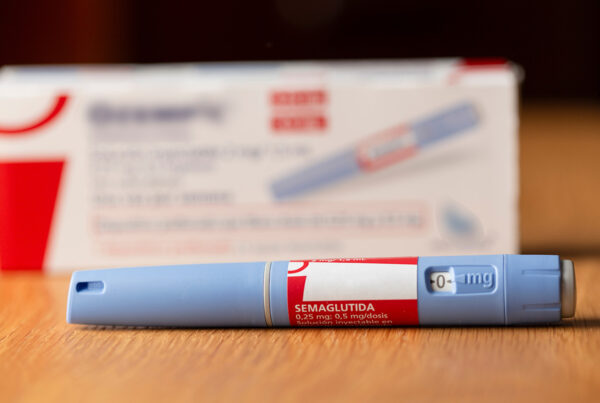Sweet treats before a big event can be blamed for everything from rowdy kids at a birthday party to the surge in office antics after post-lunch desserts. This commonly held belief that sugar induces hyperactivity is deeply embedded in our culture. But does the evidence really stack up, or are we stuck in a sticky situation with a myth that just won’t dissolve? Let’s bust this confectionery myth wide open.
The “Sugar Rush” Myth: Does Eating Sugar Make You Hyperactive?
The “sugar rush”—that’s what we call it when children (and sometimes adults) seem to go from zero to 100 in a matter of seconds after consuming a hefty dose of candy. This idea has been perpetuated for years, but modern science calls it into question.
The “sugar rush” is a concept so familiar that it’s been part of our everyday folklore, backed by seemingly personal and anecdotal accounts in which sugar is the prime suspect.
The Scientific Perspective
First, let’s understand how the body processes sugar. Once you indulge in a sugary snack, the glucose levels in your blood naturally increase. Glucose is your body’s energy source, and an evolutionarily advantageous process kicks into gear to deliver the sugar high you are waiting for.
The problem is, this ‘high’ is anything but quick. The sugar you just swallowed can take up to one to two hours to be fully processed—leaving you far from the erratic behavior often blamed on that delicious confection.
Debunking the Sugar-Hyperactivity Link
Where’s the beef? Decades of research have failed to find any substantial evidence supporting the sugar-hyperactivity link. Several double-blind studies have shown no difference in child behavior between those given sugary foods and those given a placebo. If sugar was indeed the culprit, the lab rat’s (or, in this case, human) behavior should have significantly changed, yet it largely remains unchanged.
Even interventions where parents were told their children were consuming sugar, often with fruit juice designed to appear to be a high-sugar concentrate, showed no uptick in misbehavior.
Factors Influencing Behavior
Our propensity to believe in the sugar rush myth may be related to our response to the perceived reward, what psychologists call the ‘nocebo’ effect. If we think sugar can make us hyper, we might truly believe it does, causing us to attribute normal behavior to an artificial high.
Additionally, the context in which sugar is consumed may play a role. Parties and holidays, hallmarks of sugary treats, are typically vibrant and active, leading to more excitement and behavior that seems hyperactive.
Healthy Sugar Consumption
This isn’t to say that sugar has no impact on us. Our bodies need a particular amount to function correctly, but moderation is key, just like any other nutrient. Too much sugar can lead to health complications, such as diabetes and obesity.
Teaching and practicing a balanced diet that includes all food groups in appropriate amounts is essential. But for now, you can probably uninvite sugar from the blame party for those wild lead-ups to your presentations.
The sugar rush myth might be one of the sweetest urban legends out there, and it’s a prime example of how we often interpret what we see based on what we expect. Sugar doesn’t turn the volume up on behavior to 11, but our beliefs and environments certainly could.
At the end of the day, balance is the most effective myth-buster. Enjoy your sugar in moderation, and remember, life is not always so sweet and simple—myths included.





